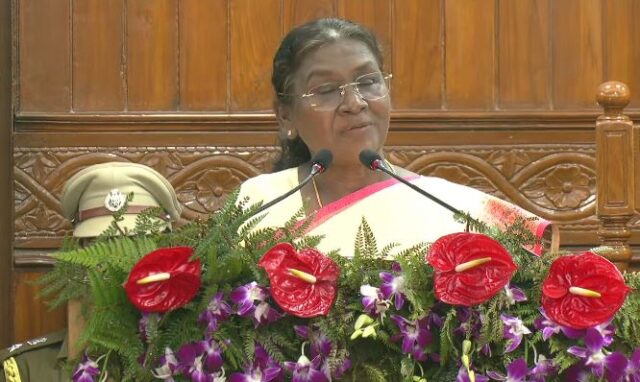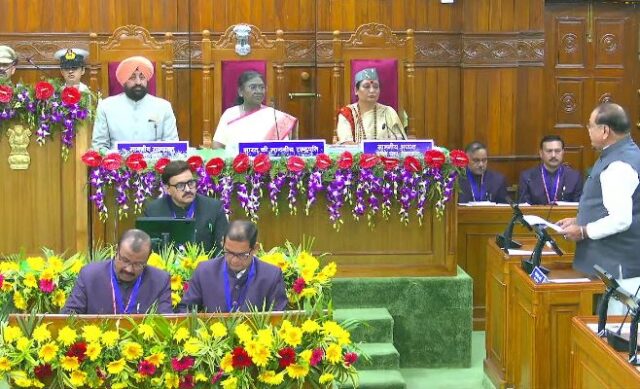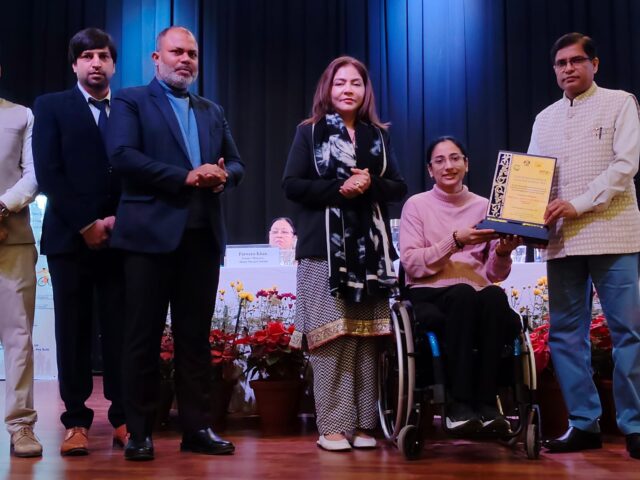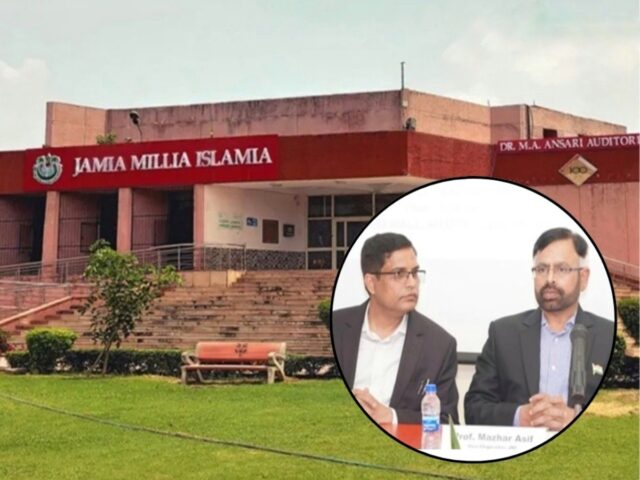Only the mother can decide the surname of the child in the absence of the father, the order of the Supreme Court

The Supreme Court, in a significant judgment on Thursday, held that if a mother remarries after the death of the father, she can fix the child’s surname and include him in her new family.
A few days ago, the Andhra Pradesh High Court had given a decision that if the father of a child has died, then the surname of his stepfather should be recorded in the documents. Now the Supreme Court has reversed this decision. The Supreme Court has said that the natural guardian of a child is his mother. In this situation, in the absence of the father of the child, only his mother has the right to decide his surname and she also has the right to leave the child for adoption.
The country’s highest court was hearing a case relating to a child’s surname between a mother who remarried after the death of her first husband and the parents of the child’s deceased biological father. The top court said that such a direction is almost cruel and regardless of how it will affect the mental health and self-esteem of the child.
Children will have to face questions
The top court said that a name is important as a child derives its identity from it and the difference in his name and family name will act as a constant reminder of the fact of adoption. In such a situation, the child will have to face unnecessary questions, which will hinder a smooth and natural relationship between his parents.
Right of mother to decide surname
The court further observed that during the pendency of the present petition, the present husband adopted the child through a registered adoption deed and said, “In order to remove any uncertainty, it is reiterated that being the sole natural guardian of the child, The mother has the right to decide the surname of the child. She also has the right to adopt the child. The court may have the power to intervene, but only when specific prayer is made to that effect. With these observations In so far as the surname of the child is concerned, the directions of the High Court are set aside.”







